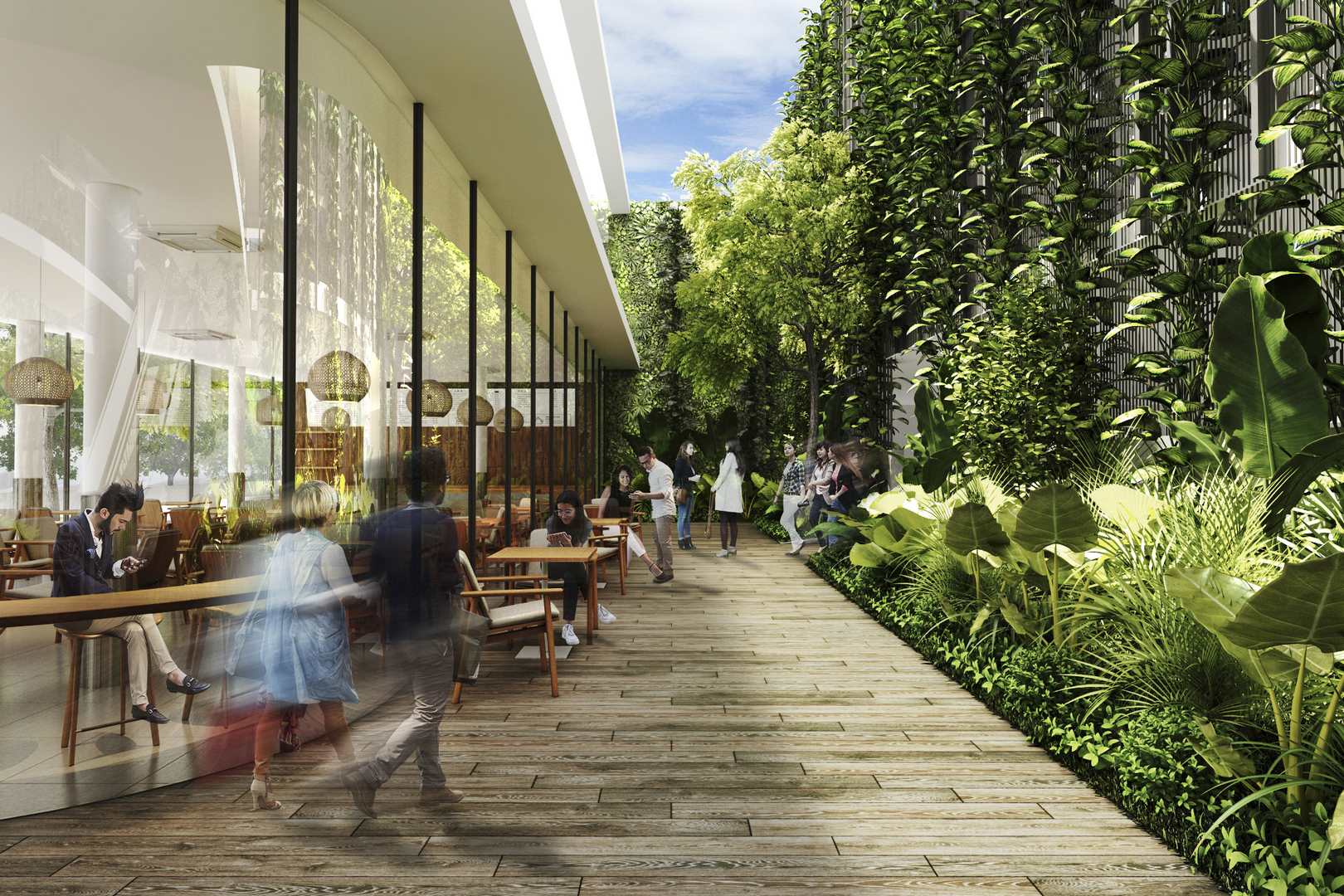In an era where environmental consciousness is at an all-time high, consumers are increasingly seeking out eco-friendly options in every aspect of their lives, including where they shop. Traditional shopping malls, once symbols of consumerism and waste, are undergoing a transformation. A new wave of eco-friendly malls is emerging, leading the way in sustainable shopping practices. These malls are not only changing the retail landscape but also influencing consumer behavior towards more environmentally responsible choices.
The Rise of Eco-Friendly Malls:
Eco-friendly malls are designed with sustainability at their core. They incorporate green building materials, energy-efficient systems, and waste reduction strategies. These malls often feature solar panels, wind turbines, or geothermal systems to reduce their carbon footprint. They also prioritize water conservation, using recycled water for irrigation and other purposes.
One of the key features of these malls is their commitment to reducing waste. They encourage recycling and composting, and some even have in-house facilities for processing waste materials. Additionally, they often provide reusable shopping bags and discourage the use of single-use plastics.
Sustainable Retailers:
Eco-friendly malls attract retailers that share their commitment to sustainability. These retailers sell products made from sustainable materials, use eco-friendly packaging, and implement green practices in their operations. Shoppers can find a wide range of sustainable goods, from clothing made from organic cotton to beauty products free of harmful chemicals.
Community Engagement:
Sustainable malls also serve as community hubs, hosting events and workshops that promote environmental awareness. They may feature farmers’ markets, where local producers sell fresh, organic produce, or they might have spaces dedicated to artisanal crafts made with sustainable methods. These malls often partner with environmental organizations to educate the public about conservation efforts and sustainable living.
The Impact on Consumers:
The presence of eco-friendly malls is changing consumer expectations. Shoppers are becoming more discerning, seeking out businesses that align with their values. This shift is encouraging traditional retailers to adopt more sustainable practices in order to remain competitive. As a result, the demand for eco-friendly products and services continues to grow.
Conclusion:
Eco-friendly malls are at the forefront of a retail revolution that is reshaping the way we shop. By prioritizing sustainability, these malls are not only reducing their environmental impact but also inspiring a new generation of consumers to make more responsible choices. As the movement towards sustainable living gains momentum, eco-friendly malls will play a crucial role in creating a more sustainable future for all.
